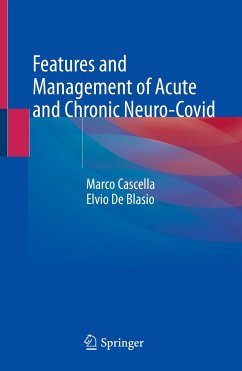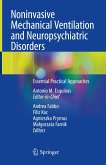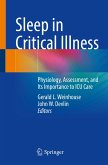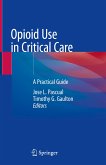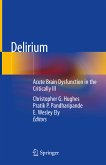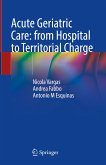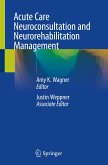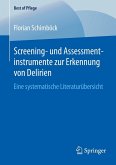The PNS can also be affected and clinical manifestations including Guillain-Barré syndrome, polyneuritis, Miller Fisher Syndrome, and other problems are described. A special issue concerns the neurocognitive dysfunction and altered consciousness manifested as delirium, agitation, and confusion. Non-specific symptoms such as dizziness, and seizures can accompany clinical pictures.
Regardless of the admitting diagnosis, a high percentage of patients discharged from ICUs develop disabilities affecting physical, cognitive and psychological activities. The symptoms such as asthenia, memory disturbances, depression, sleep disturbances, anxiety, and Post-traumatic Stress Disorder (PTSD), can configure the so-called Post-intensive Care Syndrome (PICS). Multimodal management during the ICU stay and implementation of follow-up programs on patient discharge can reduce the incidence of this syndrome, improving the quality of life of surviving individuals.
In this complex scenario, a careful clinical approach through reliable diagnostic tools, and epidemiological studies aimed at evaluating the dimensions of the problem also in economic terms, is urgently needed.
This book represents a valuable aid for all healthcare professionals (intensivists, neurologist and psychiatrists, as well as others) involved in the management of these critically ill patients.
Dieser Download kann aus rechtlichen Gründen nur mit Rechnungsadresse in A, B, BG, CY, CZ, D, DK, EW, E, FIN, F, GR, HR, H, IRL, I, LT, L, LR, M, NL, PL, P, R, S, SLO, SK ausgeliefert werden.

